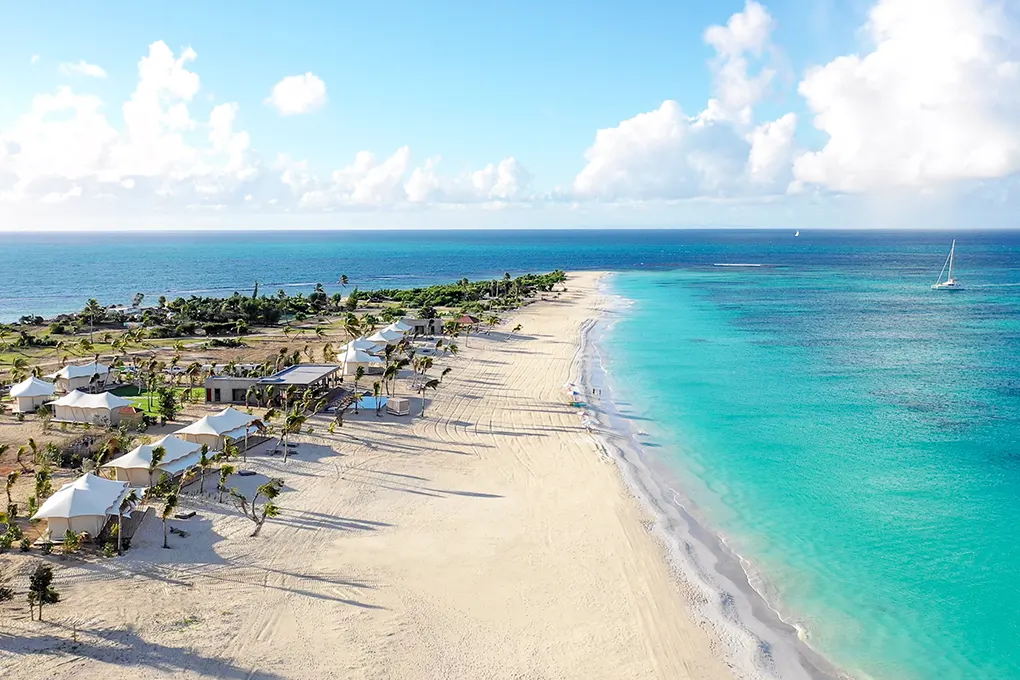In recent years, the Caribbean has witnessed a surge in luxury tourism projects, sparking debates over their economic benefits and environmental impacts. From the controversial Barbuda Ocean Club to upscale developments in Saint Lucia and Grenada, these projects have raised concerns among locals and activists. This article examines the complexities surrounding luxury tourism in the Caribbean, highlighting the economic, social, and environmental considerations at play.
The Barbuda Ocean Club Controversy: A Microcosm of Larger Issues
The development of the Barbuda Ocean Club and its associated airport has ignited fierce opposition from Barbuda residents, who allege violations of land rights and environmental degradation. Led by marine biologist John Mussington, locals are challenging the project in court, underscoring broader tensions between economic development and community preservation.

Regional Trends in Luxury Tourism:
The Barbuda Ocean Club controversy reflects broader trends across the Caribbean, where luxury property projects have become increasingly prevalent. From Saint Lucia to Saint Barthélemy, these developments have drawn criticism for their perceived prioritization of foreign investors over local communities. Activists and residents alike decry the erosion of cultural heritage and environmental conservation in the pursuit of luxury tourism.
Economic Rationalization vs. Environmental Concerns:
Proponents of luxury tourism argue that these projects provide vital economic stimulus and revenue streams for Caribbean nations, particularly in the aftermath of natural disasters and economic downturns. However, critics raise concerns about the long-term environmental impact and social inequality exacerbated by luxury developments. Balancing economic imperatives with sustainable development goals remains a pressing challenge for policymakers and stakeholders.
Legal Battles and Beach Access:
Legal disputes surrounding luxury tourism projects often center on issues of land rights and public access to beaches. While governments emphasize regulations mandating public beach access, in practice, resort developments frequently restrict or privatize coastal areas. These conflicts underscore the need for robust legal frameworks and community engagement to protect natural resources and preserve local traditions.

Moving Forward: Striking a Balance:
As the Caribbean navigates the complexities of luxury tourism, finding a balance between economic growth and environmental sustainability is paramount. Open dialogue, stakeholder engagement, and transparent decision-making processes are essential to fostering inclusive and sustainable tourism practices. By prioritizing the well-being of local communities and preserving the region’s natural heritage, the Caribbean can chart a course towards a more equitable and resilient tourism sector.